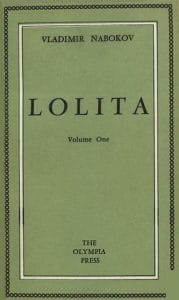An Austrian, Weidenfeld fled the country as Hitler came to power: Weidenfeld was, he said, a “tribal” Jew, not a religious one. He moved to England, where he was taken in by Plymouth Brethren — a Christian sect who also helped Weidenfeld’s parents to escape. Weidenfeld got a job for the BBC as a political correspondent, and after the war he started a publishing company, Weidenfeld & Nicolson. Among other books, he fought to publish Vladimir Nabokov’s Lolita, which he thought had literary merit despite its controversial nature.

He organized a “literary event” at Cambridge University where he had Nabokov speak. The author said everyone knew authors like Tolstoy and Chekhov, “But who still remembers the name of a single police chief or censor from St. Petersburg?” The next day, the government permitted publication of Lolita. Weidenfeld also published political tomes by the likes of Henry Kissinger, Charles de Gaulle, and Lyndon B. Johnson, and science books such as James Watson’s The Double Helix. He even published Nazi Albert Speer’s Inside the Third Reich. The company was quite successful, and as he aged Weidenfeld decided to put his money to good use: to help “repay the debt” to the Christians who took him and his parents in, last year he founded the Weidenfeld Safe Havens Fund to help rescue Syrian Christians fleeing ISIS. He was knighted in 1969, and in 1976 given the title Baron Weidenfeld of Chelsea. He was appointed Knight Grand Cross of the Order of the British Empire (GBE) in 2011 for his public service. Lord Weidenfeld died on January 20, at 95.
